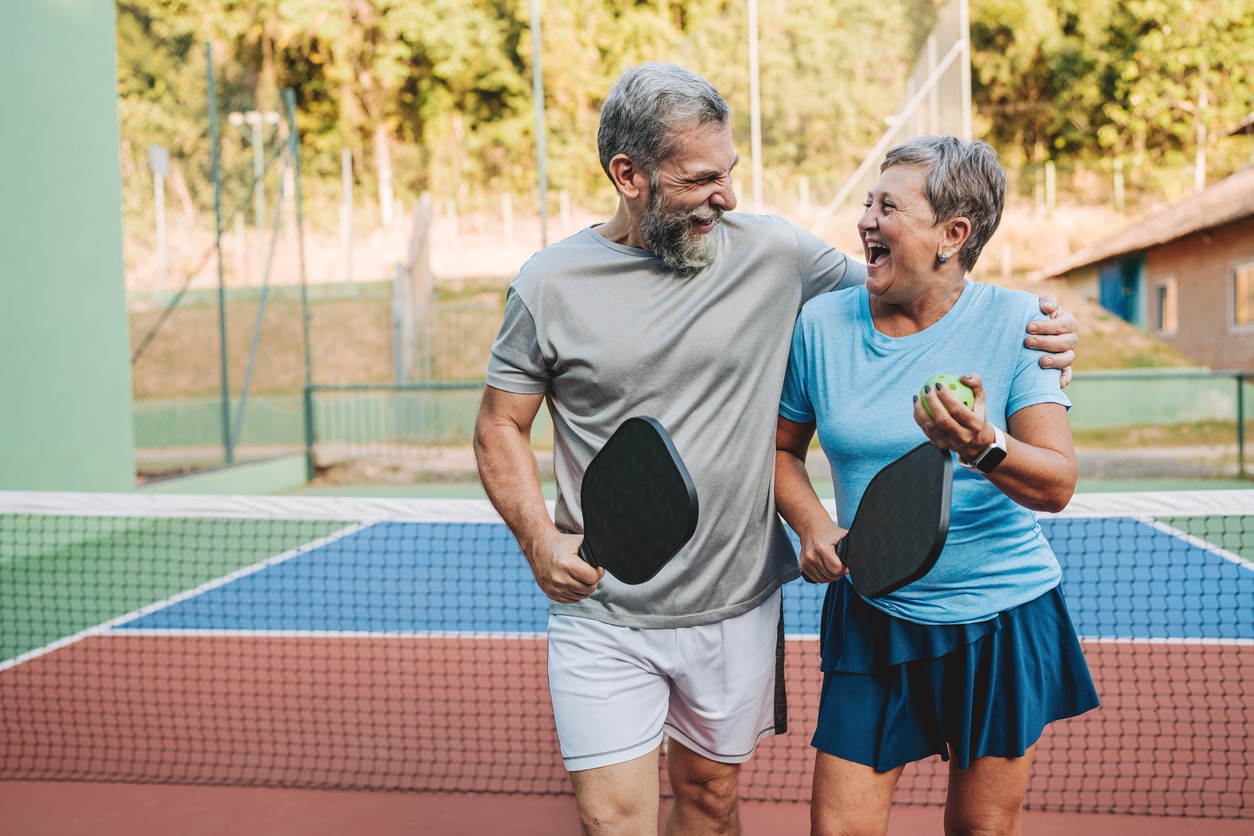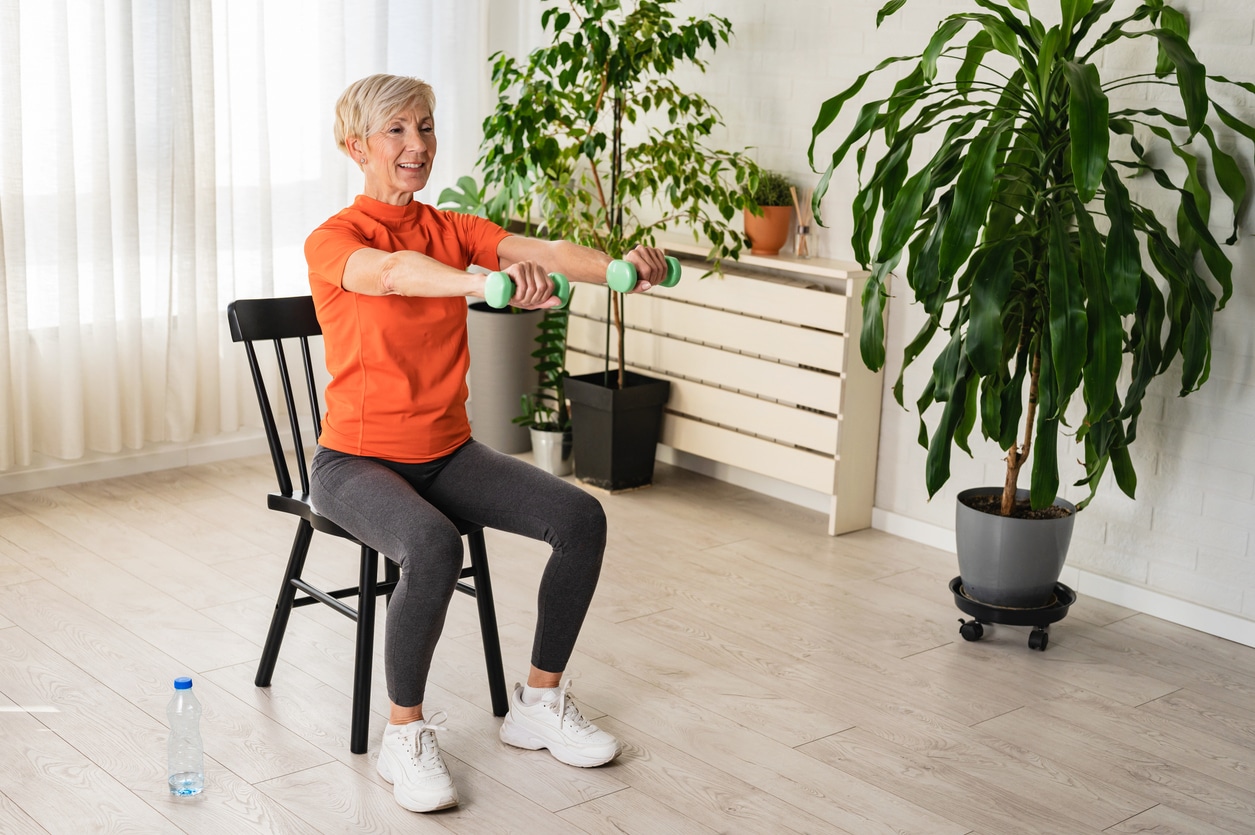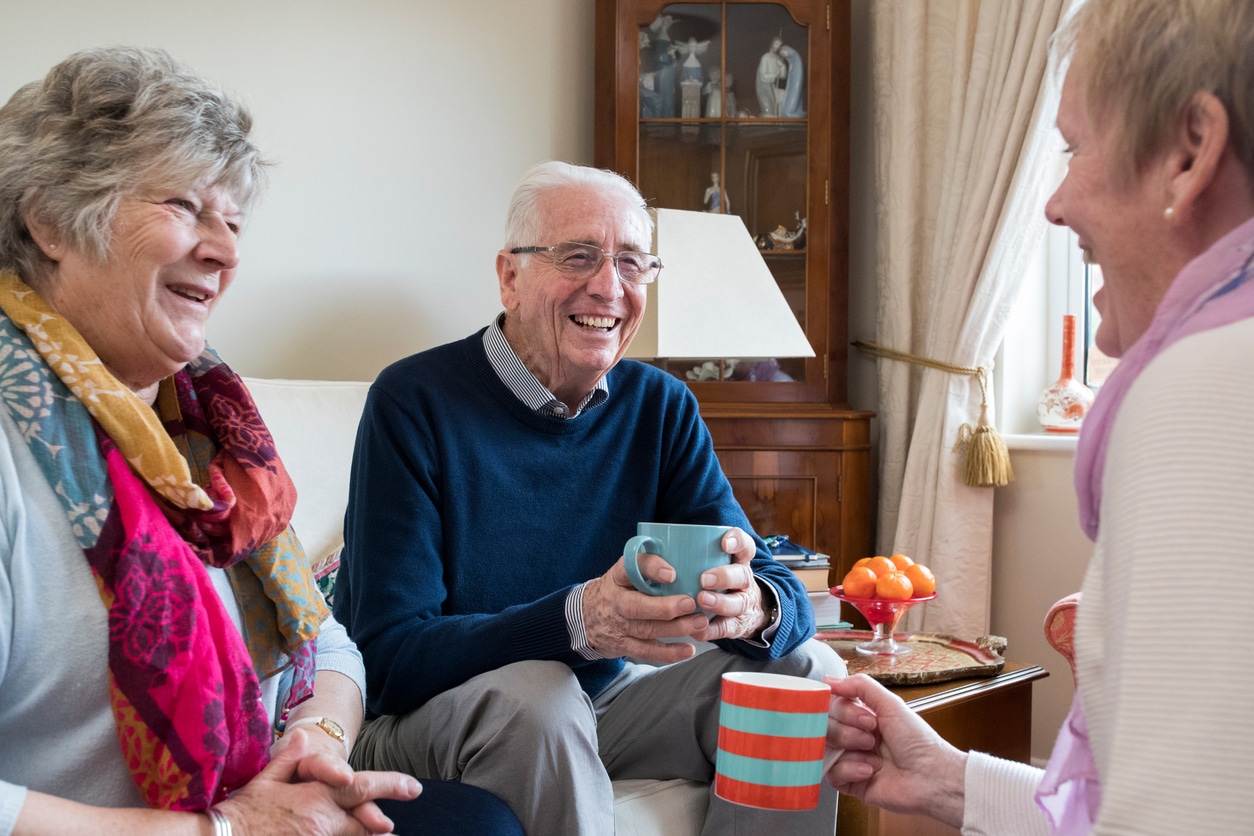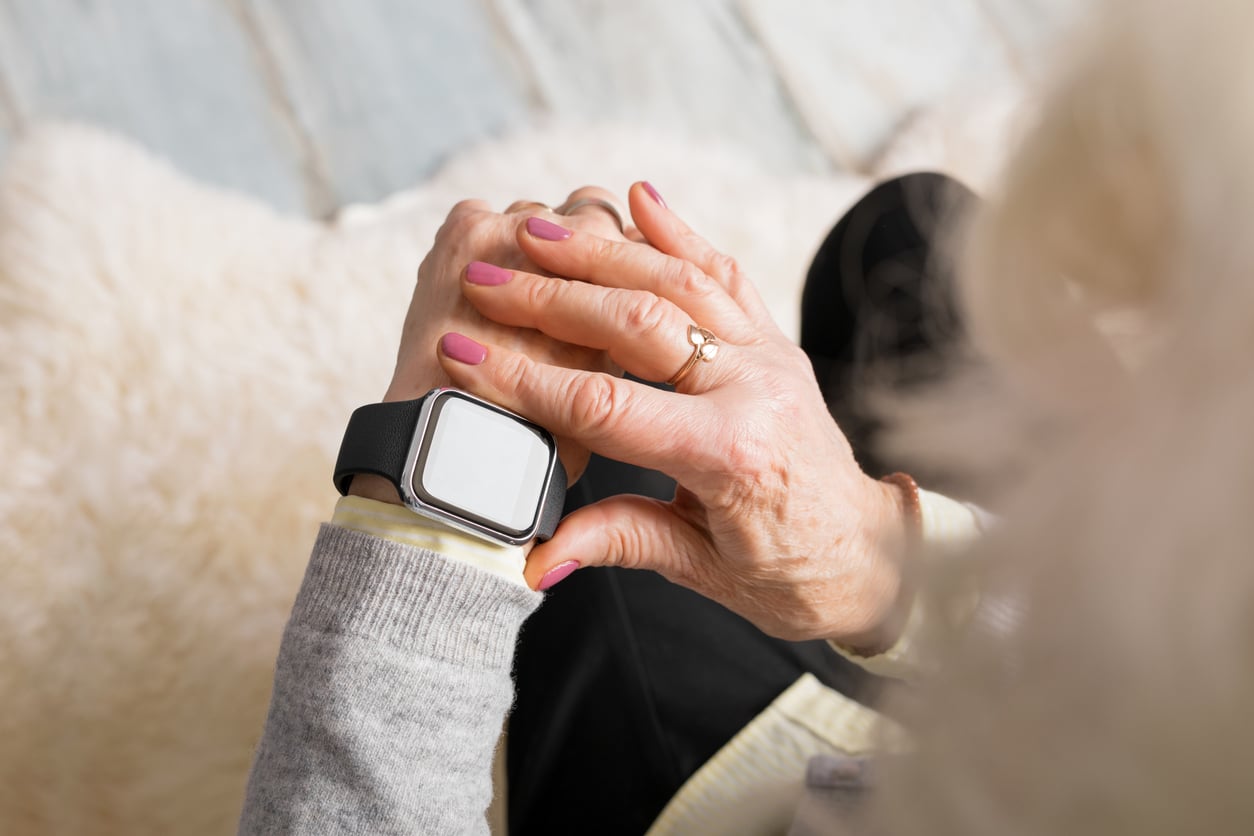As we age, staying active becomes increasingly important for maintaining both physical and mental health. While certain high-impact exercises may no longer be suitable, there are plenty of low-impact options that offer tremendous benefits. One such activity that has been gaining popularity across all age groups, especially among seniors, is pickleball.
Pickleball is a fun, accessible sport that combines elements of tennis, badminton, and ping-pong. It’s not just enjoyable; it’s also packed with health benefits that make it an ideal choice for seniors looking to stay fit and engaged.
Let’s Explore the Many Advantages of Pickleball for Older Adults:
Cardiovascular Health: Keeping the Heart Strong
One of the primary benefits of pickleball is that it provides an excellent cardiovascular workout. The game involves a lot of movement, including short bursts of running, lateral movements, and quick reflexes, which help elevate your heart rate. This increased heart rate is crucial for maintaining cardiovascular health.
Regular participation in cardiovascular activities like pickleball can reduce the risk of heart disease and stroke. When your heart pumps blood more efficiently, it also helps to clear toxins from your body, lower cholesterol levels, and improve circulation. These benefits contribute to a lower risk of developing chronic conditions such as hypertension, diabetes, and certain cancers.
Physical Strength and Flexibility: Building Stronger Muscles
Pickleball is a full-body workout that engages multiple muscle groups. The repetitive motion of swinging the paddle and moving around the court helps tone muscles in the arms, legs, and core.
This is especially important for seniors, as maintaining muscle mass can be challenging with age.
Stronger muscles improve daily functioning, making it easier to perform activities like walking, lifting, and climbing stairs. Moreover, increased muscle strength enhances balance and coordination, which are crucial in preventing falls—a common concern for seniors. Even if played just once or twice a week, pickleball can contribute significantly to overall physical health, including better posture and enhanced mobility.
Low-Impact Exercise: Protecting the Joints
One of the most appealing aspects of pickleball for seniors is that it’s a low-impact sport. Unlike tennis, pickleball doesn’t require overhead serves or high-speed sprints. The game is played with a lightweight paddle, and the ball itself moves at a slower pace, reducing the strain on joints and minimizing the risk of injury.
This low-impact nature makes pickleball an excellent choice for individuals with arthritis or those recovering from injuries. It allows players to stay active without putting undue stress on their bodies, making it a sustainable exercise option as they age.
Cognitive Benefits: Sharpening the Mind
Pickleball isn’t just good for the body; it’s also great for the brain. The sport requires quick thinking, strategic planning, and precise hand-eye coordination. These mental challenges help keep the brain sharp, improving cognitive functions such as memory, attention, and problem-solving skills.
Engaging in activities that stimulate the brain is essential for seniors, as it can help delay cognitive decline and reduce the risk of conditions like dementia. The fast-paced nature of pickleball encourages players to stay mentally alert, enhancing their ability to think on their feet both on and off the court.
Mental Health: Boosting Mood and Reducing Stress
Physical activity has long been associated with improved mental health, and pickleball is no exception. The combination of exercise and social interaction that pickleball offers can have a profound effect on mood. Playing pickleball releases endorphins, the body’s natural mood elevators, leading to feelings of happiness and satisfaction.
Moreover, the social aspect of pickleball provides a sense of community and belonging, which is vital for emotional well-being. Many seniors struggle with feelings of loneliness and isolation, especially after retirement or the loss of a spouse. Pickleball offers an opportunity to connect with others, make new friends, and engage in meaningful interactions. The camaraderie and teamwork involved in the game can also help alleviate stress, anxiety, and depression.
Social Interaction: Building Connections
One of the greatest advantages of pickleball is its social component. The game is typically played in doubles, encouraging teamwork and communication. This not only makes the game more enjoyable but also fosters social bonds.
For many seniors, staying socially active can be just as important as physical exercise. The friendships formed on the pickleball court often extend beyond the game, leading to social gatherings, shared meals, and other group activities. These social connections are crucial for mental and emotional health, helping to combat the isolation that many older adults experience.
Prioritize Your Health
While pickleball is an excellent way to stay active, it’s important to remember that any new exercise routine should be approached with caution. Always consult with your healthcare provider before starting a new sport, especially if you have pre-existing health conditions.
Additionally, consider the benefits of a medical alert system if you or a loved one have health concerns. Such a system can provide peace of mind by ensuring that help is readily available in case of an emergency, allowing you to enjoy your game with confidence.
Pickleball is more than just a game; it’s a pathway to better health, happiness, and a more active social life. Whether you’re looking to stay physically fit, sharpen your mind, or simply have fun with friends, pickleball offers something for everyone. So grab a paddle, head to the court, and start reaping the benefits of this exciting sport today!




